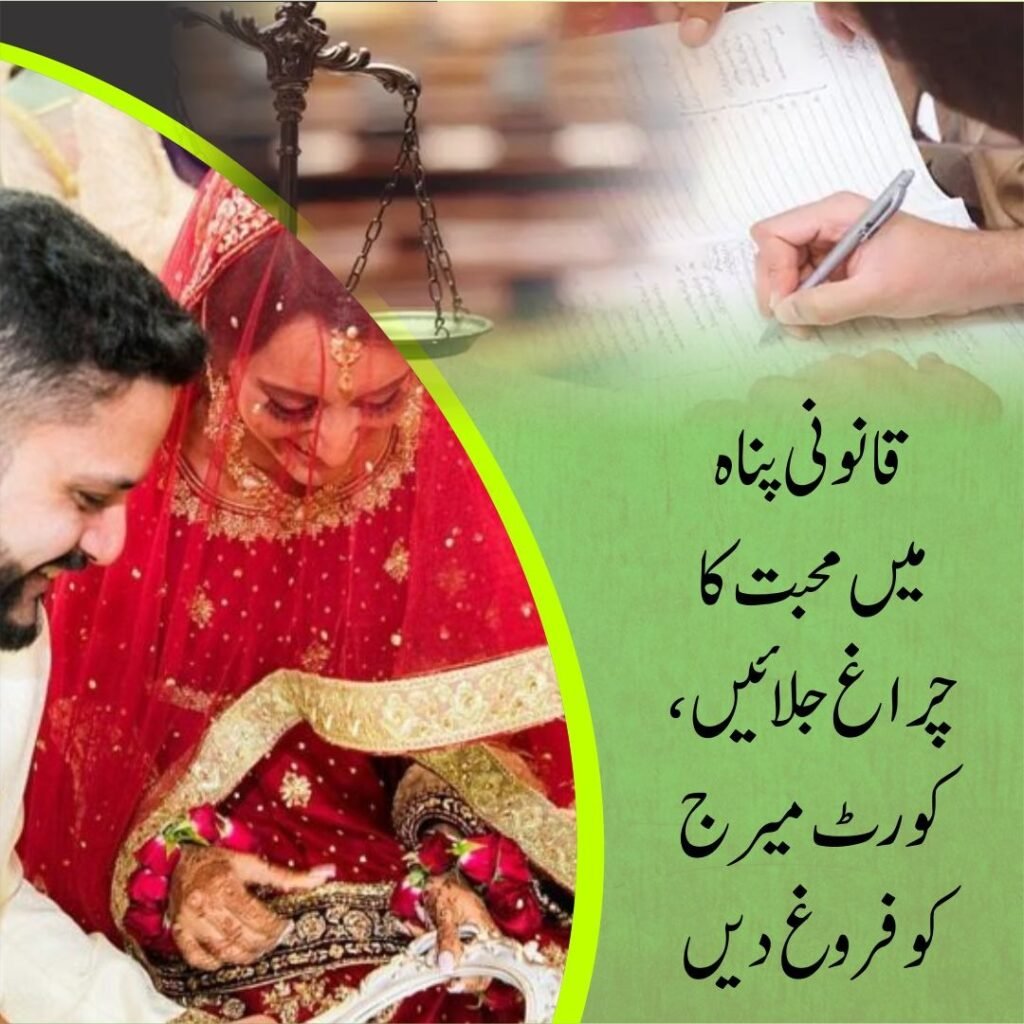Determination of Dower Money in an Islamic Marriage
Determination of Dower Money in an Islamic Marriage
Dower money, or “Mahr” in Arabic, is an essential component of Islamic marriage, also known as Nikah. According to Islamic Shari’a, dower money is the amount of money or property the husband gives his wife as a sign of his commitment and responsibility towards her. This practice is not only specific to Islamic marriages but is also observed in other cultures and religions as a token of affection and respect.
Dower money is considered an obligatory requirement in Islamic marriages and is a sign of the husband’s financial stability and willingness to support his wife. The husband and wife mutually agree upon the amount of dower money before the marriage contract is signed. The Quran explicitly states that dower money should be given willingly without any conditions or obligations. This means the husband cannot force the wife to agree to a certain amount of dower money or use it as a bargaining chip.
Dower money can be paid in cash, property, or another valuable asset. It is entirely up to the husband and wife to agree on the form of payment. However, the dower money must be reasonable and affordable for the husband. If the husband cannot pay the agreed amount, he must seek a reduction or deferment from his wife. If the wife decides to reduce or postpone, it must be done without coercion or pressure.
Dower money serves several vital purposes in Islamic marriages. Firstly, it ensures that the husband is financially responsible for his wife and is committed to providing for her needs. Secondly, it is a security for the wife in case of divorce or the husband’s death. The dower money is considered the wife’s property, and she has complete control over it. If the marriage ends in divorce or the husband dies, the wife is entitled to the dower money as a form of financial support.
In conclusion, dower money is an integral part of Islamic marriage and is designed to ensure the financial stability and security of the wife. Furthermore, it signifies the husband’s commitment and responsibility towards his wife and is an essential aspect of Islamic Shari’a. Therefore, the amount of dower money should be mutually agreed upon by the husband and wife, and it should be paid willingly and without any conditions or obligations.
Regenerate response


